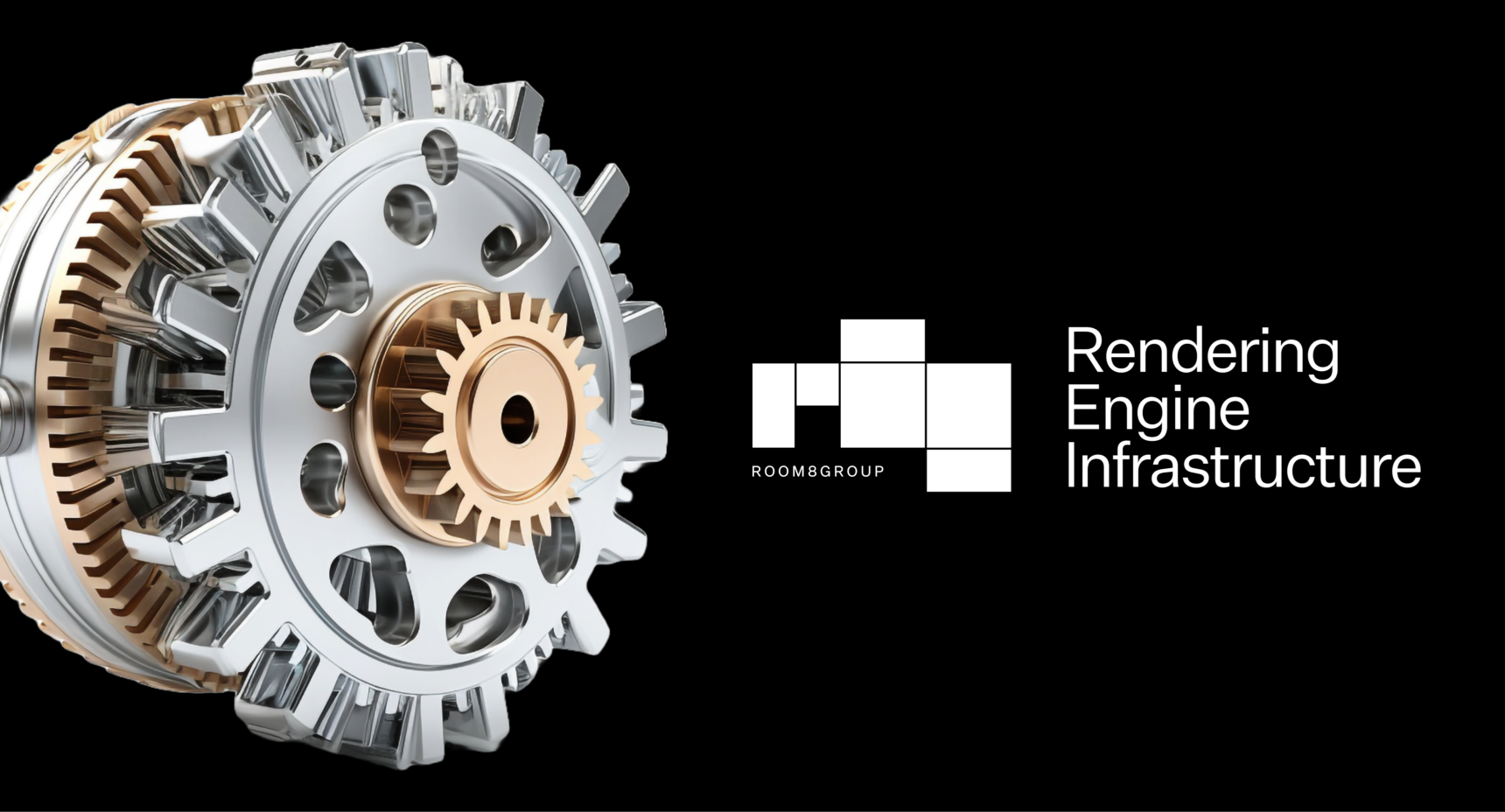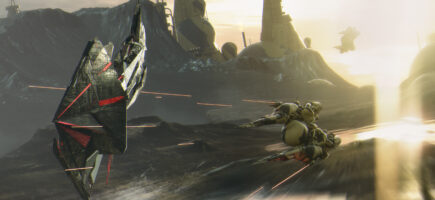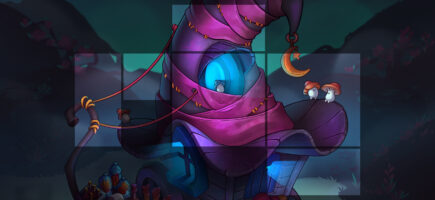Room 8 Group’s R&D Unit Unveils New Tool as Open Source, Enhancing Game Porting and Development

The most popular articles
Room 8 Group’s game development team for PC & console (Dragons Lake) has made its innovative Render Engine Infrastructure (REI) tool available as an open-source solution. Initially developed to transform game porting, development, and preservation, REI is the result of tireless work carried out by the Group’s industry-leading R&D team. The tool more easily facilitates the adaptation of games across various platforms. Making REI open source underscores Room 8 Group’s dedication to making a positive impact in the game industry.
We’re not just investing in tools; we’re investing in the future of game development. Our R&D unit is the heart of our quest for efficiency, speed, and technological advancement. It’s about continuously pushing boundaries to enhance our project workflows and deliver superior services to our clients. Our R&D efforts are a testament to our dedication to leading the game industry into a new era of innovation.
Sergii Miroshnychenko, Head of PC & Console Game Development at Room 8 Group
REI serves as a versatile graphics API, enabling the creation of a unified rendering subsystem. This subsystem is adaptable across a broad spectrum of platforms, including PC, console, and mobile, utilizing platform-specific library code. It’s particularly useful for accelerating the porting of games developed on custom or proprietary engines that lack native support for the intended platform.
Beyond porting, we are dedicated to ensuring the quality of games by adding new features, improving overall player experience, rectifying existing bugs, and introducing modern aspects such as compatibility with online stores and meeting console certification standards. Our thorough and professional methodology in game remastering and porting underscores our commitment to excellence, positioning our product as a vital resource for companies seeking to launch superior-quality remastered games on various platforms.
Dragons Lake has effectively utilized the REI tool in various game development projects. The part of the tool which supports Windows, Steam Deck, and Android has been released as open source. By making this part of REI freely available, the company aims to share its expertise, particularly with emerging game development teams. This initiative is a strategic step towards fostering innovation and collaboration within the gaming industry, reflecting the company’s dedication to community-focused development and progress.
A key strength of our product is its focus on game-centric development. We strive to serve game developers across platforms, a rare offering among existing libraries. Additionally, the ease of integrating and designing our tool, especially its ability to facilitate access to low-level features, sets it apart from other products in the field.
The inception of REI was a direct response to our specific need for streamlining ports across multiple platforms. In our quest for an ideal solution, we meticulously evaluated existing tools, only to find that none satisfactorily met our comprehensive set of requirements. The major gaps we identified were in platform coverage, feature set, ease of integration, and lack of access to low-level platform APIs. Recognizing this, our R&D unit took the initiative to develop REI, a tailor-made solution designed to seamlessly integrate with any proprietary engine. This innovative toolbox not only facilitates the incorporation of advanced technologies like AMD Fidelity FX and Nvidia RTXGI but also greatly simplifies the complexities of multi-platform development. REI is the embodiment of our commitment to delivering solutions that are both easy and flexible, ensuring smooth and efficient game development across various platforms.
Mykhailo Parfeniuk, Technical Director of Render Technology at Dragons Lake by Room 8 Group
REI plays a pivotal role in preserving classic games by markedly simplifying the porting and remastering process. The core function of REI relates to graphics rendering in game development. Every gaming platform has its unique technology or library to display graphics. Traditionally, for a game to be compatible with different platforms, developers needed to write multiple pieces of code to bridge their game with each platform’s specific graphics technology. These platforms include systems like OpenGL, Vulkan, and proprietary technologies for consoles like Xbox, PlayStation, and various mobile and Windows platforms.
What REI does is streamline this process. It acts as a universal bridge, connecting the game’s original code to all modern platforms. In the past, a game might require five different bridges to be compatible with platforms like PS5, Xbox, Windows, and mobile devices. REI reduces this to just one bridge. Developers connect their game to REI, which then handles the compatibility with all modern platforms. This simplification means that instead of tailoring the game for each platform individually, the work is done once with REI, and REI manages the rest.
Alex Vasiliev, Head of Engineering at Dragons Lake by Room 8 Group
REI isn’t just for old games or for the porting and remastering of classic titles. It’s also highly effective for new games, particularly those developed on proprietary engines. This versatility allows developers to use REI for rendering in their current game projects. It ensures that whether you’re working with an old favorite or creating something entirely new, REI can provide substantial benefits, improving a game’s performance and compatibility across platforms.
You can try the solution here.




